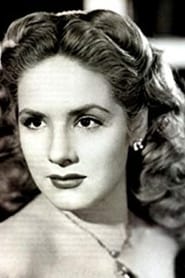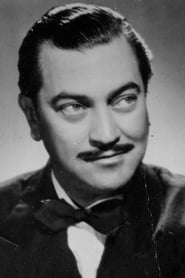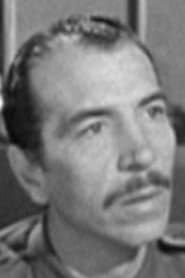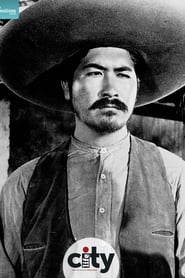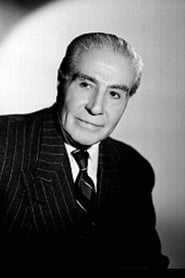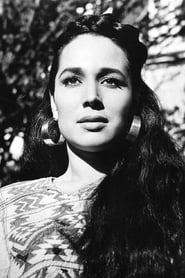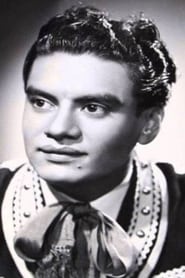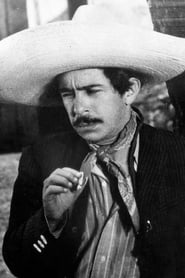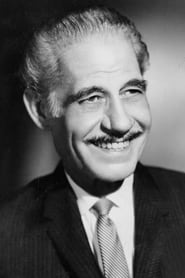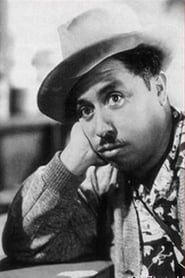The best Luis Aguilar’s movies
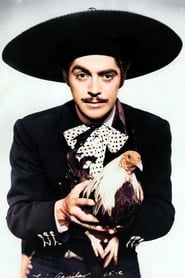
If you love cinema, you will share this ranking of the best Luis Aguilar’s movies, although you may have ordered them differently. In any case, we hope you love it and with a little luck discovering a movie that you still don’t know about Luis Aguilar.
Full Spead Ahead
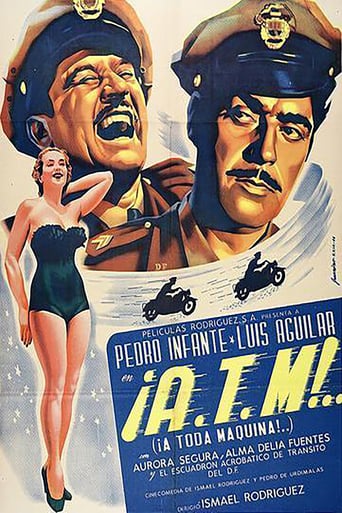
8/10
A drifter lands a job as an officer in Mexico City's elite motorcycle police unit. Once there, he falls in love with a girl, who is also courted by his commanding officer. Both policemen try to avoid this from interfering with their friendship and profession. Written by Salvador Monroy Ordaz
The Four Juanes
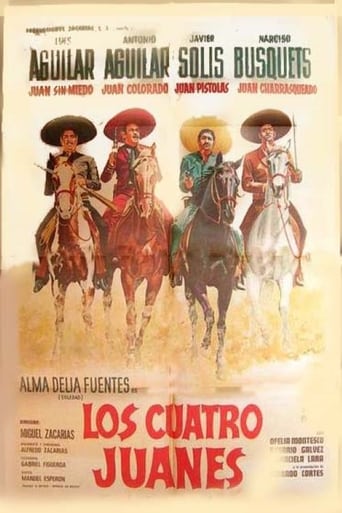
6.6/10
Juan Sin Fiedo (Javier Solis), Juan Colorado (Antonio Aguilar), Juan Pistolas (Luis Aguilar) and Juan Charrasqueado join their destinies during the Mexican Revolution.
Locos Peligrosos
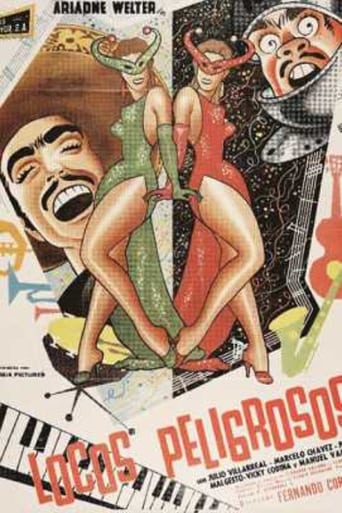
6.7/10
A cellist and a pianist, along with the daughter of the owner of a musical home, form a classical trio. A television producer challenges confronting the modern equipment. Accept and so begin a new career in popular music, so despises his former employer, thus limiting the affair between his daughter and one of them.
El jinete sin cabeza
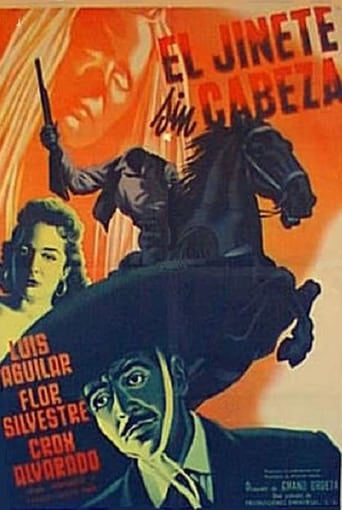
5.8/10
A mute phantom hero takes on skull-masked killers, a disembodied living hand and a corpse that won't stay in its grave. This is the first in a trilogy of horror/western hybrids that also includes the films La marca de Satanás ("The Mark of Satan") and La cabeza de Pancho Villa ("The Head of Pancho Villa").
¿Qué te ha dado esa mujer?
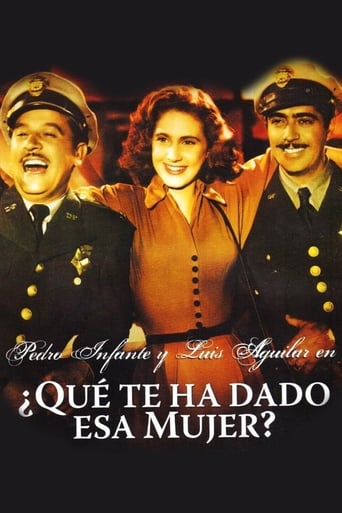
7.6/10
This musical comedy tells the story of two men whose friendship (whose beginning is told in "A toda máquina") is affected by assumptions love triangles and misunderstandings between the two, however, the value of that friendship overcomes all difficulties.
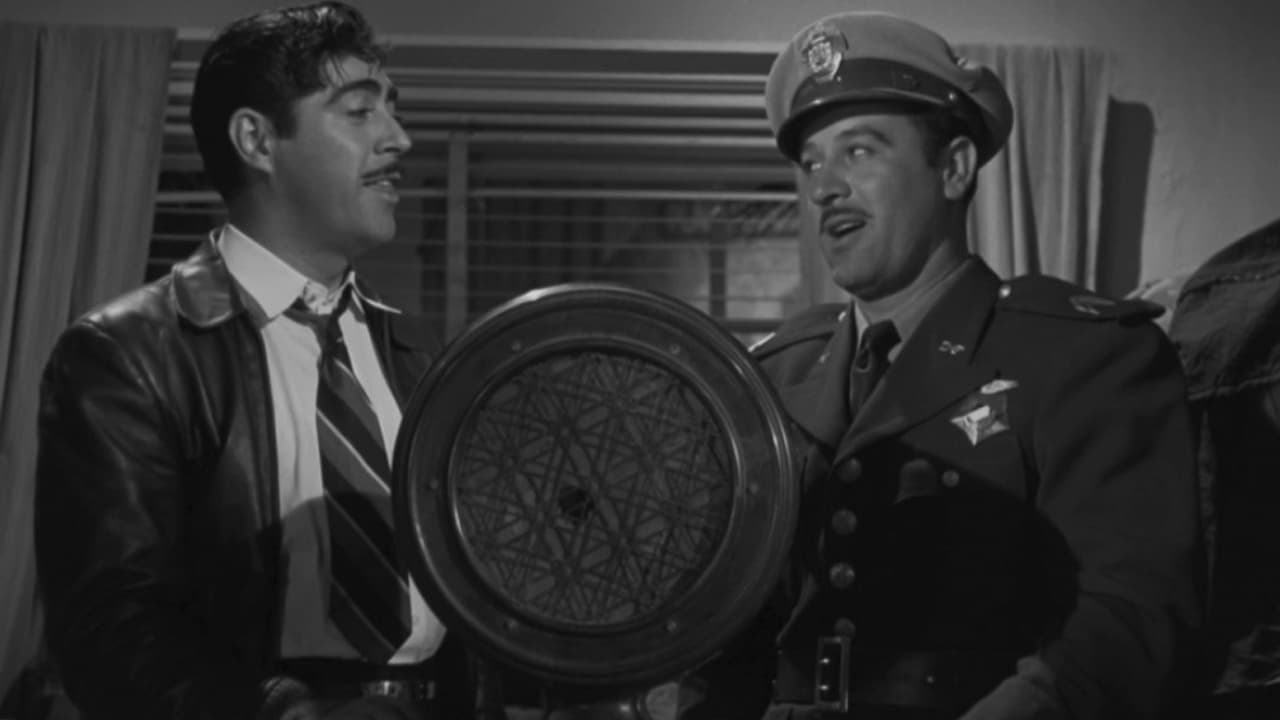
El mariachi canta
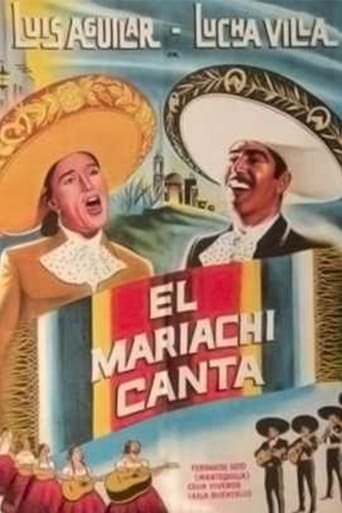
6.9/10
Rivalry and romance between the leaders of a male mariachi band and a female one.
Lamento borincano
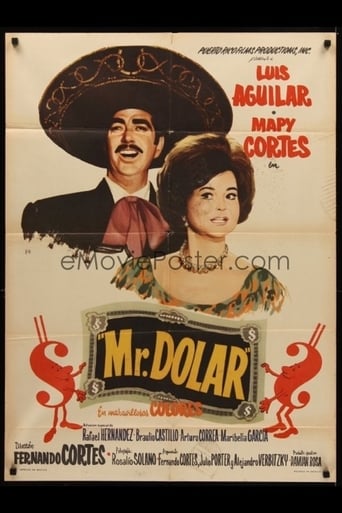
The film, which is an ode to Rafael Hernández's song "Lamento borincano", is a social commentary of the political and social policies of the 40's and 50's which led to the abandonment of what was seen by many as the "pure", "virtuous" life of the finca (farm) for the "corrupting" influence of urban centers like San Juan and New York City.
Los tres amores de Lola
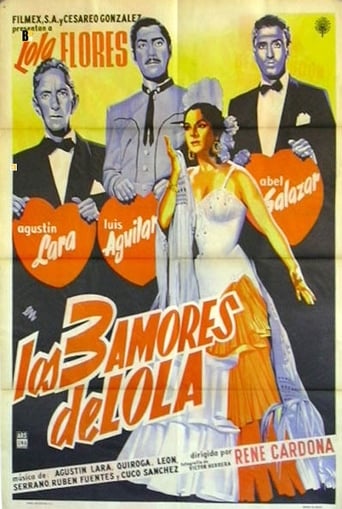
5.7/10
Flamenco artist in Mexico draws attention from three suitors.
La Chamuscada
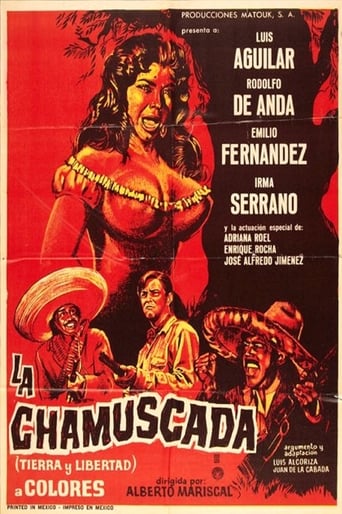
7.8/10
A sharecropper and his daughter, a swarthy beauty, flee from the hacienda on which they live and join the Mexican Revolution.
El caudillo
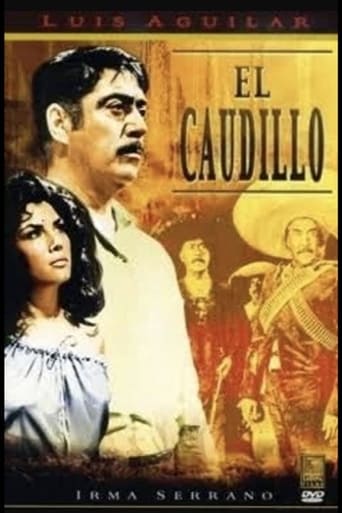
6.4/10
A new recruit rises through the ranks of Pancho Villa's army as his leadership skills become apparent.
Juana Gallo
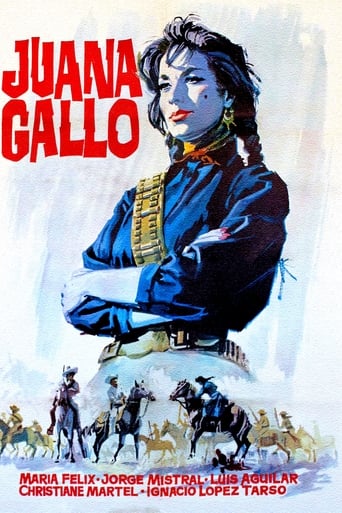
6.9/10
Peasant woman leads a regiment during the final days of the Mexican Revolution. Also, romantic entanglements.
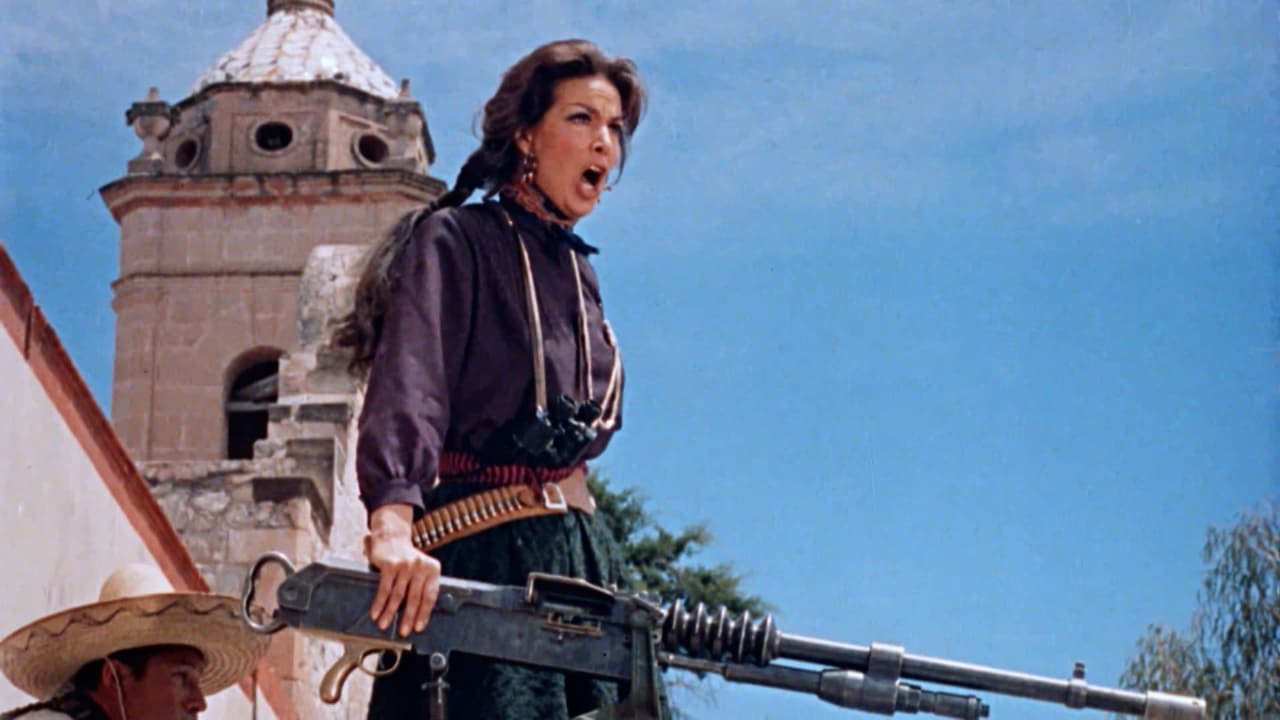
Se la llevó el Remington
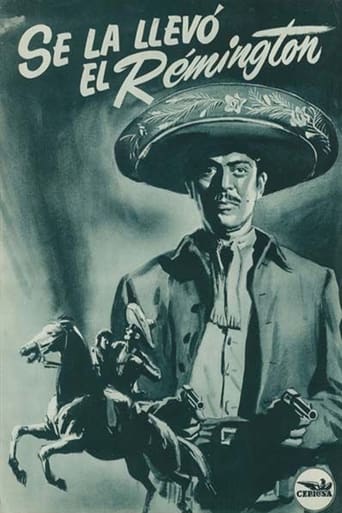
While tracking down the three men that killed his father, a notorious bad-ass commits other misdeeds, seemingly based on his desire to wreck as many lives as possible. Doesn't really have anything to do with the historical figure known as Remington, though they used his name for the character here.
The Bloody Revolver
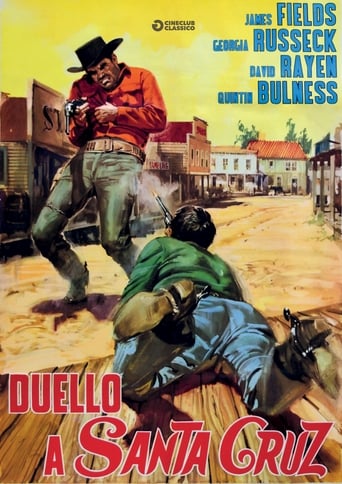
6.4/10
Follows an "unlucky" gun across the paths of five owners.
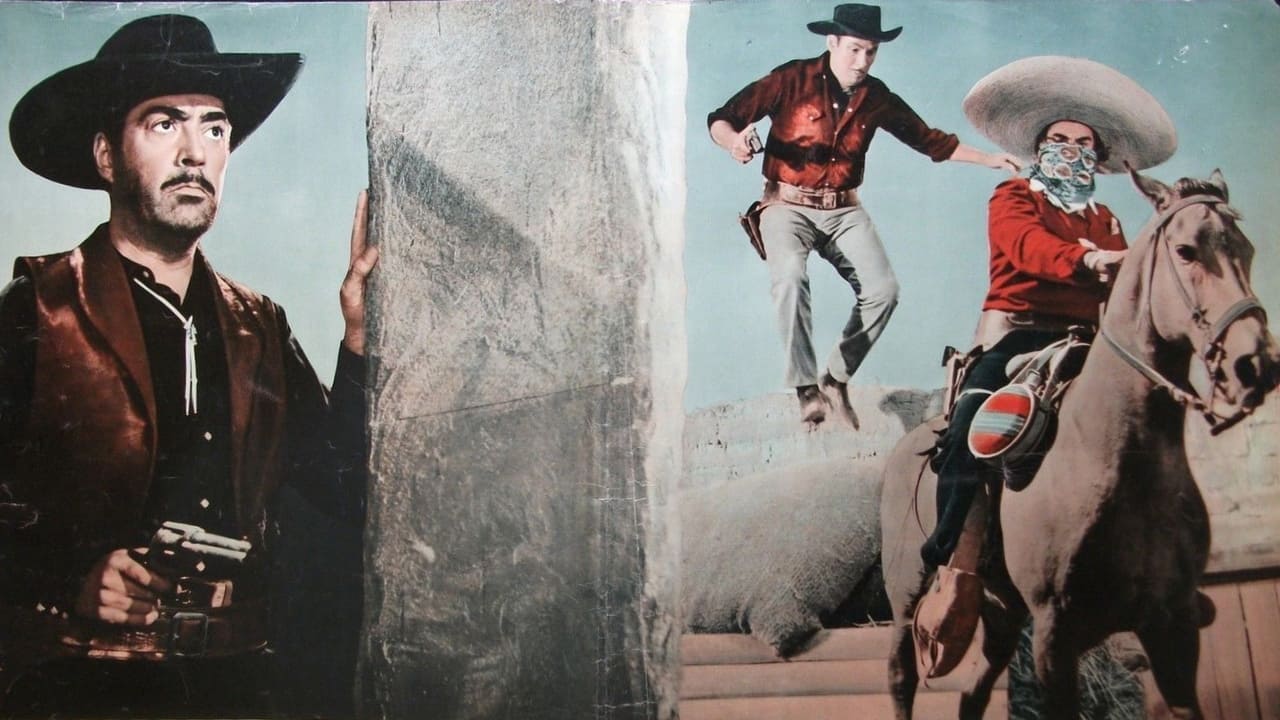
Perdida
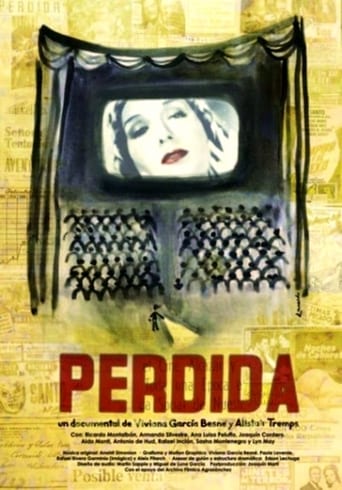
7.8/10
One could describe Lost as a family documentary in the first person; but also as a film that goes through a good part of the history of Mexican cinema. Viviana García Besné tells how it was that her family, ‘the Calderóns’, played an essential role in the production, distribution and exhibition of that primitive “other Hollywood”. Lost in Time is a touching film because of those surprises the director finds each time she comes across with that invaluable family footage, which was more forgotten than lost; or when her relatives tell stories she thought to be hilarious and made up, and which she later finds out to be true (like a shattered romance between her grandmother and Ricardo Montalbán, for instance). García Besné makes the most out of the contrasts that surface between the different visual formats she uses and all that found footage she finds. Lost in Time is a master class of cinema, any way you look at it.
The Paper Man
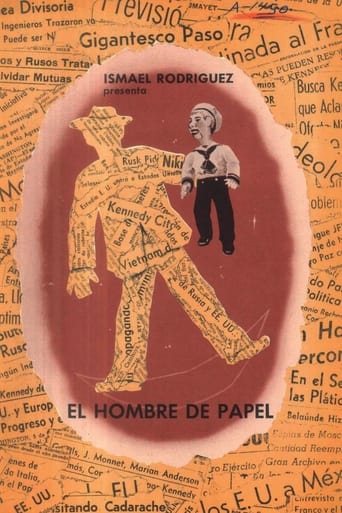
7.9/10
A deaf and mute vagabond finds a large denomination bill in a Mexico City dump, and while he tries to buy something with it, others try to con him into giving it away. The film was selected as the Mexican entry for the Best Foreign Language Film at the 36th Academy Awards, but was not accepted as a nominee.
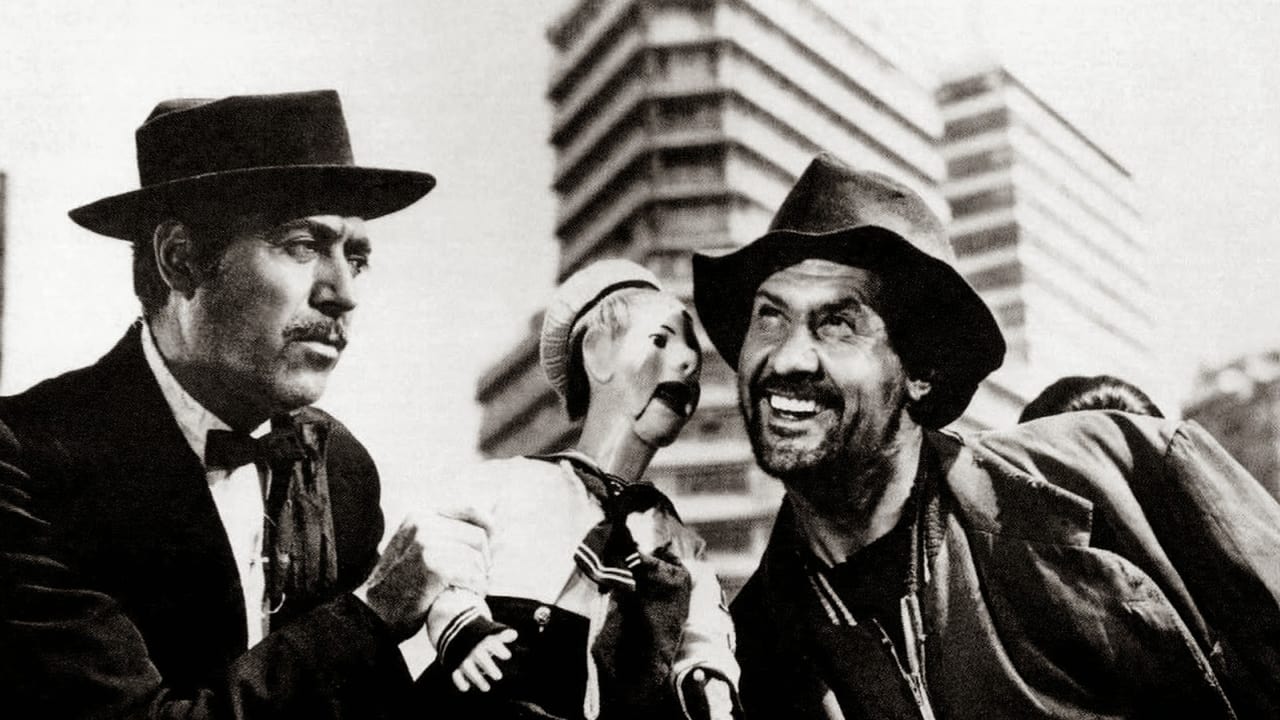
La hija del ministro
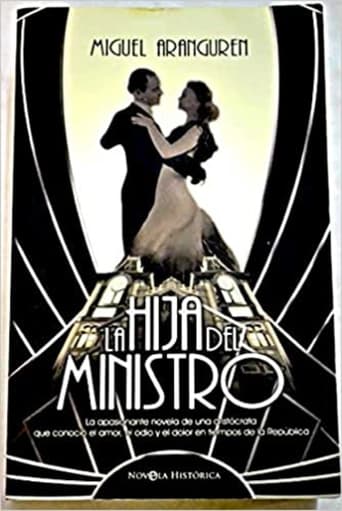
7.3/10
A young bureaucrat's career takes off when it's believed he's keeping company with the daughter of a higher-ranking official.
El ausente
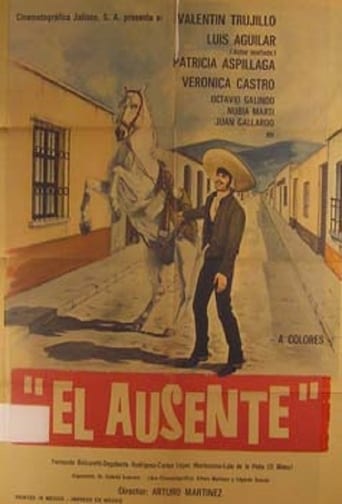
7.9/10
Young man returns to his childhood home-town, planning to git the people that killed his father.
Nuevo amanecer
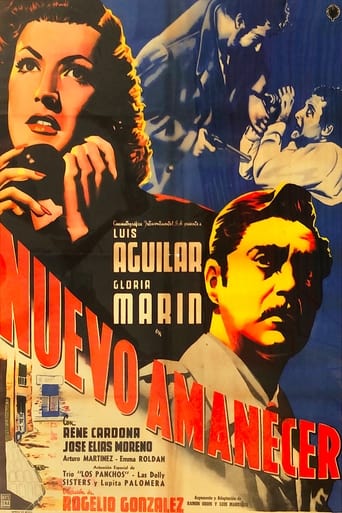
Mexican feature film
The Head of Pancho Villa
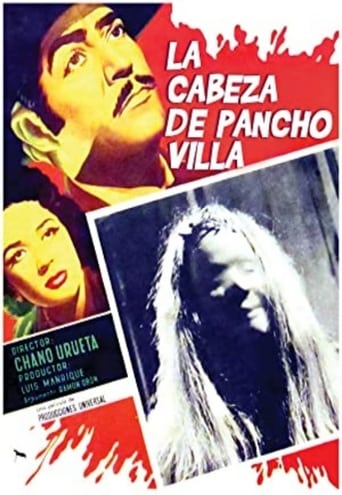
4.7/10
Rival factions struggle over a box that was entrusted by Pancho Villa to several members of his higher command. Second of three films in series "El jinete sin cabeza."
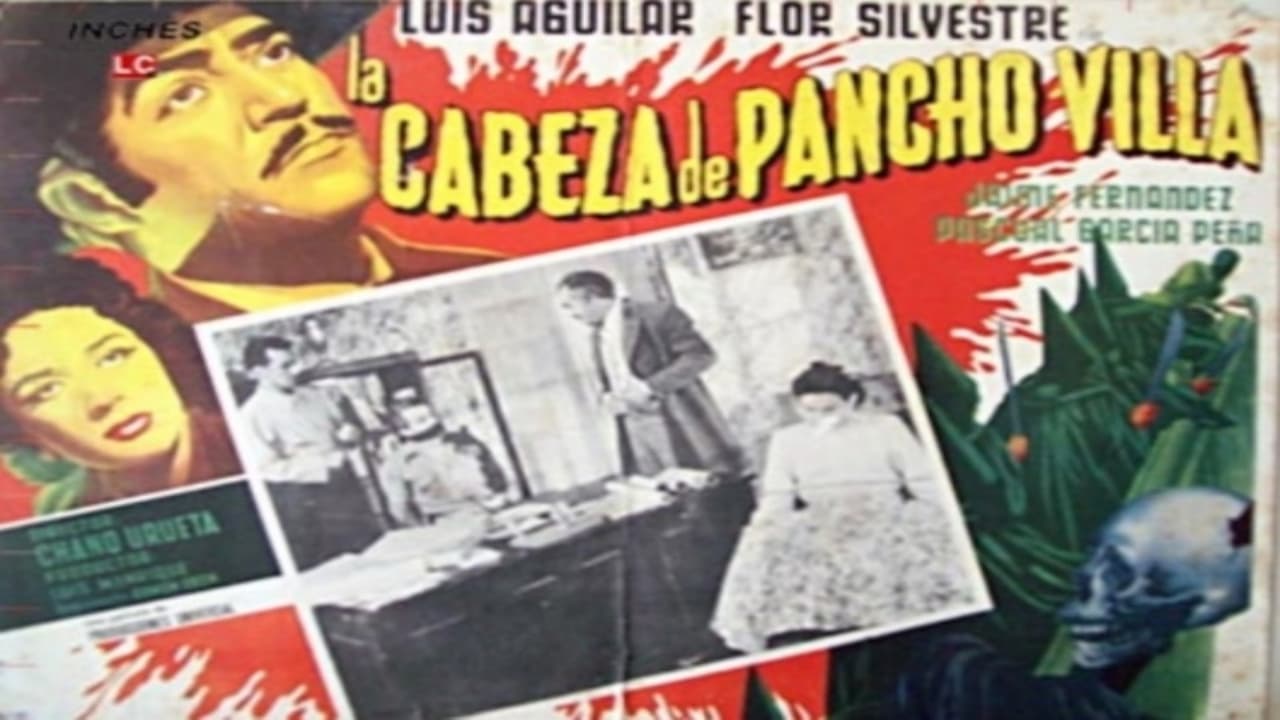
Escuela para solteras
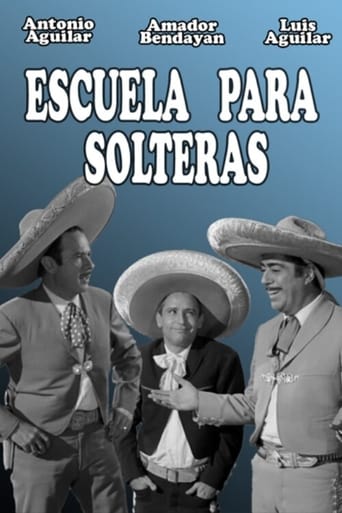
7.6/10
All-star ranchera fest, rom-com style. Four charros, four eligible young ladies.

